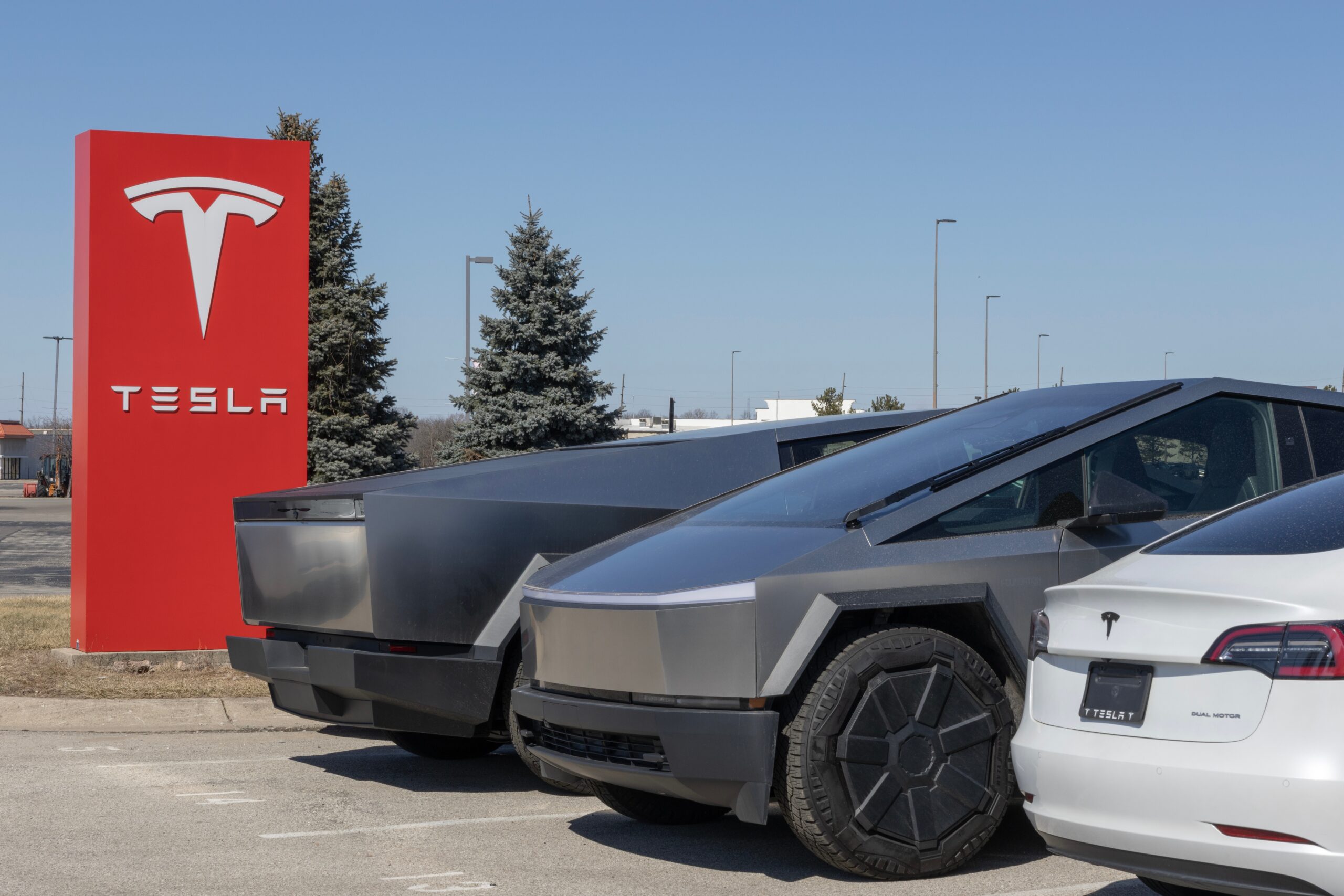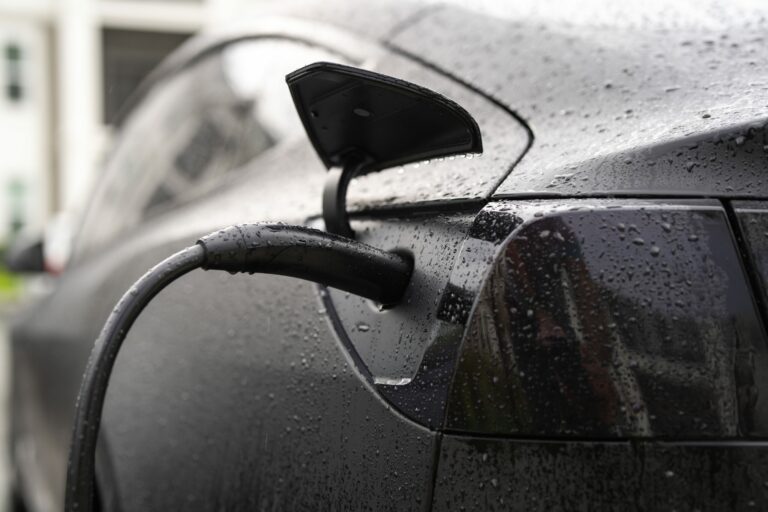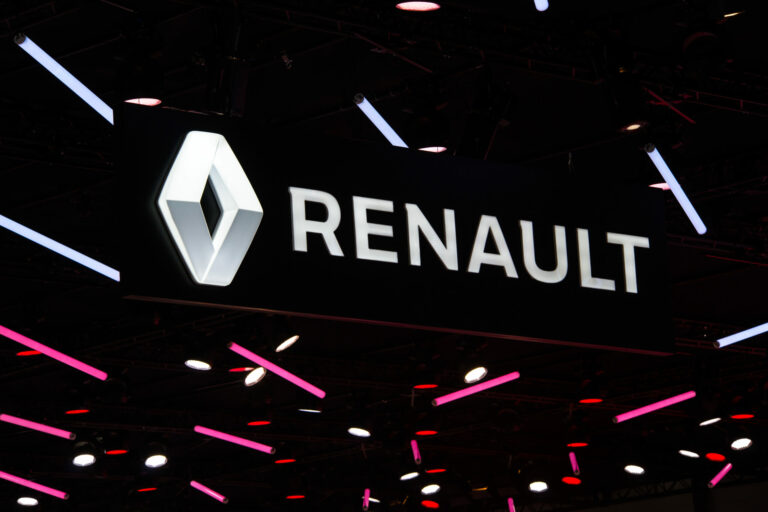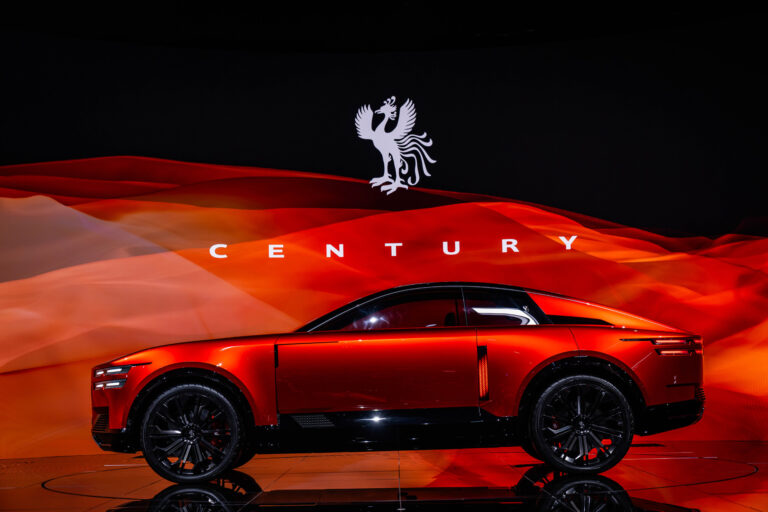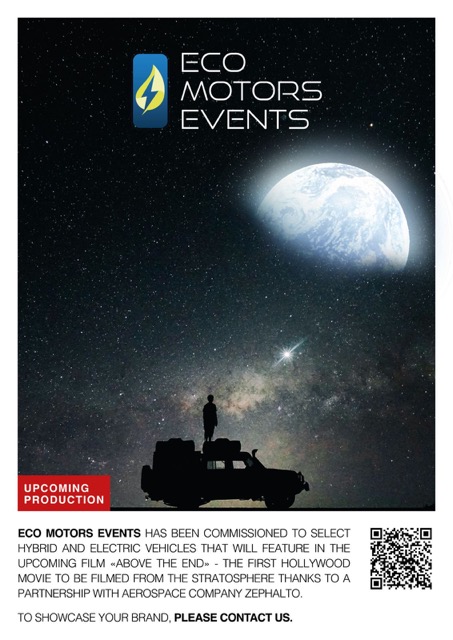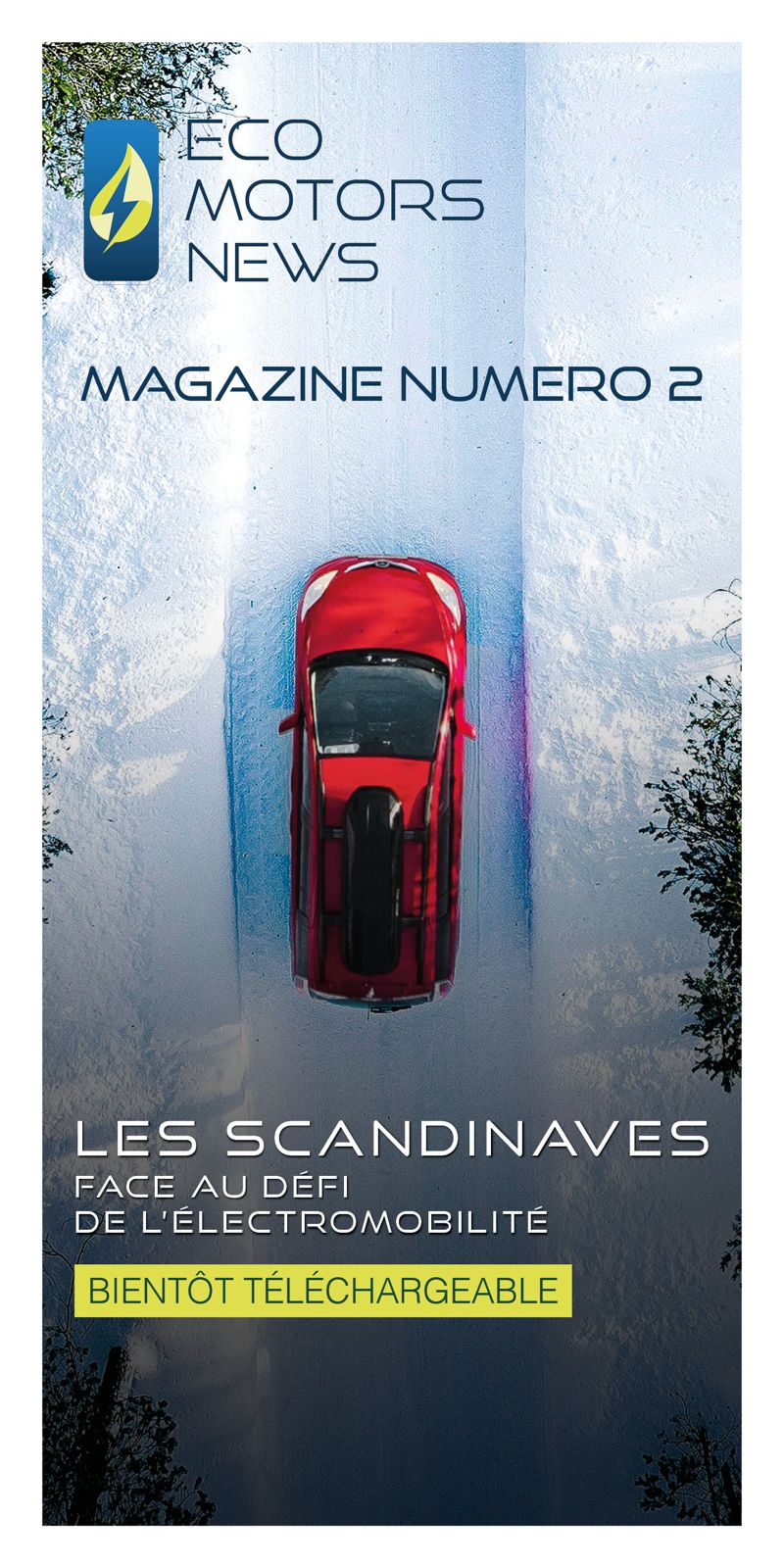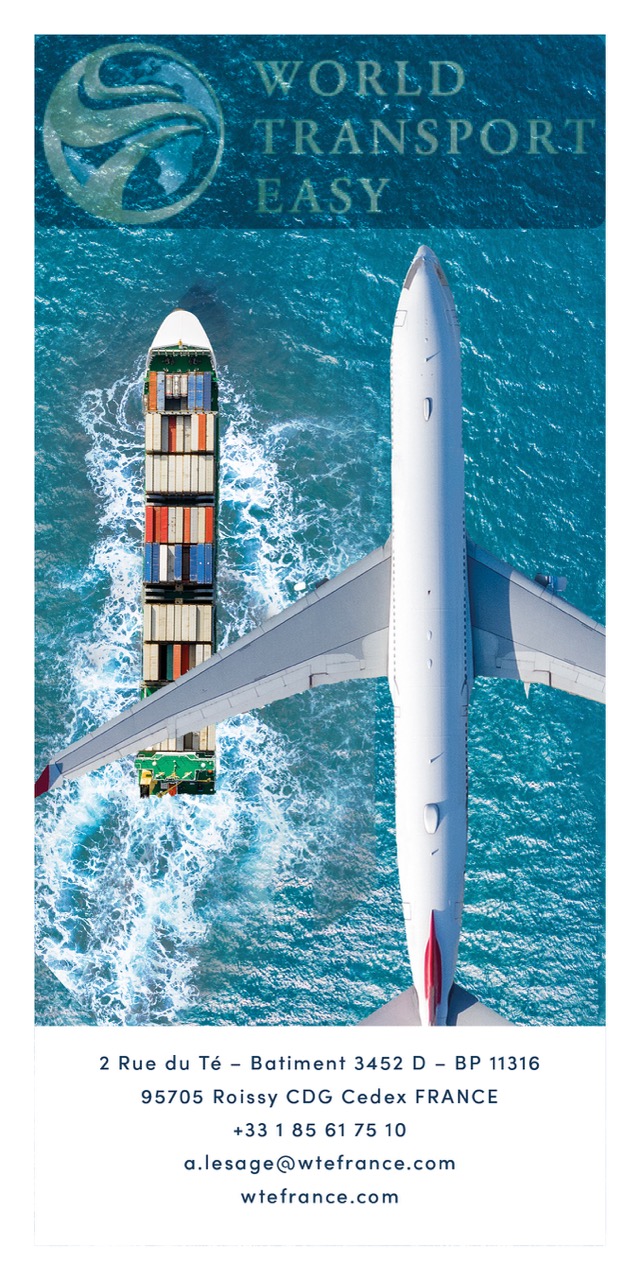Tesla continues to face big issues. It seems like everything that could go wrong went indeed like that, and at the same time. First it was Elon Musk’s risky public involvement in politics. Then it came the model changeover for the Tesla Model Y. All these happened while the competition from China and Europe, and even USA, Japan, and Korea, started to catch up rapidly.
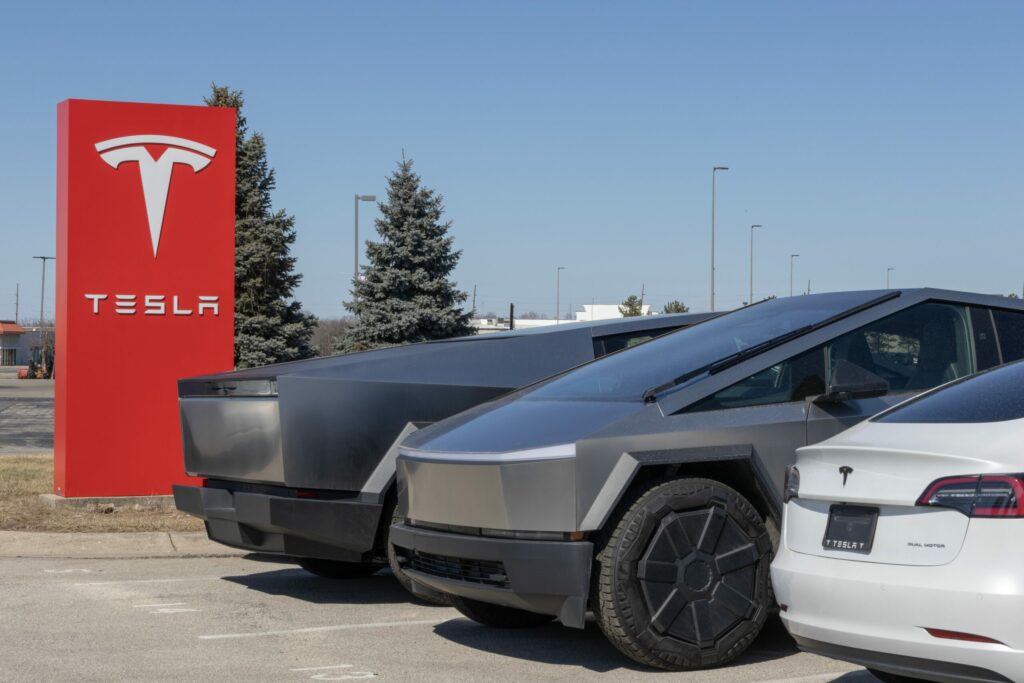
Elon Musk’s Risks and Tesla’s Decline
Although it is hard to tell how good or bad his bet on Donald Trump’s campaign did to his companies, when you participate in politics you’re taking a clear position. This might have split the opinion around him and therefore around his cars. As his role within the new government became clear, the company was in the process of updating its top-selling product – the Model Y. Any update, facelift, or new generation takes time and usually has an initial negative impact on sales.
Meanwhile other players were catching up. In Europe it was mainly the case of the Volkswagen Group, the region’s largest carmaker. According to data from JATO Dynamics, the German maker increased its market share within the BEV (Battery Electric Vehicle) market from 18.9% in January-July 2024 to 28.6% in January-July 2025. That’s an increase of almost 10 percentage points!
Volkswagen Group’s Rise in the European BEV Market
In fact, Volkswagen’s solid position is now looking better than its market share in the overall European passenger car market (including all powertrains). During the first seven months of this year, the German manufacturer posted a 26.7% share.
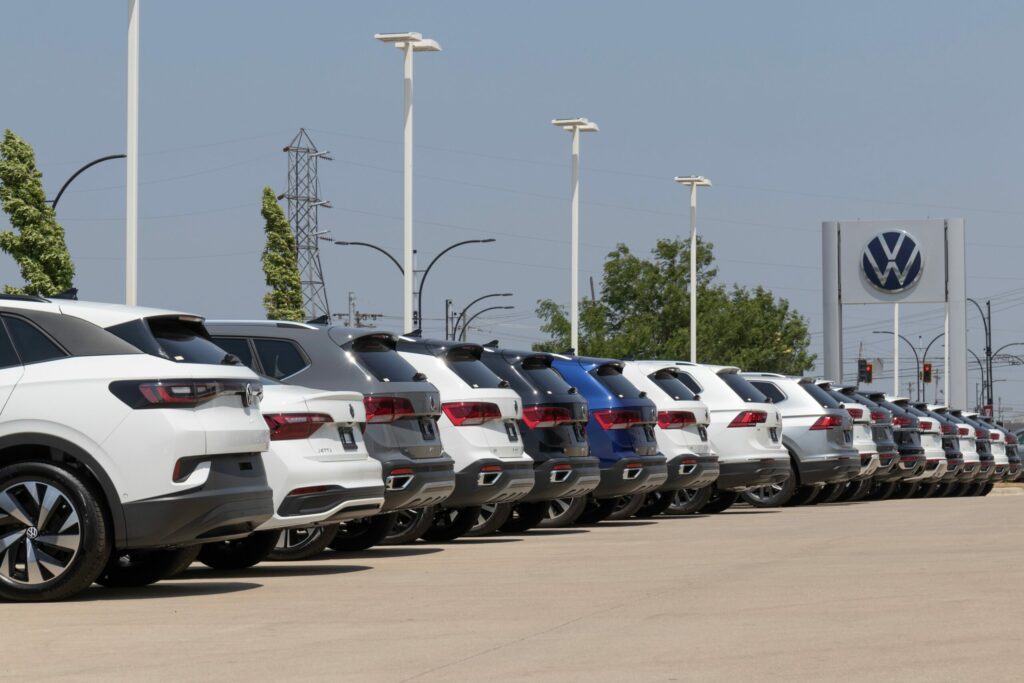
In contrast, Tesla reduced its market share in the BEV segment by 7.8 percentage points from 16.4% in 2024 to 8.6% this year. It was the biggest loser in Europe. The updated Model Y is taking longer to take off in terms of sales, and the rest of the lineup is getting old.
There is a big gap in terms of the size of the BEV lineup and its age in Europe between Tesla and Volkswagen Group. The former only offers two models for the region with an average age of 8 years old (counted between the date of the official reveal and September 2025). In contrast, the Volkswagen group currently sells 21 different models across its many brands with an average age of 3.3 years old.
However, it was Ford the carmaker to post the highest BEV share within its own sales. In Jan-Jul 2024, only 4.4% of its sales in the region corresponded to BEVs. One year later, they represented 14.1%. Volkswagen Group and Hyundai-Kia also posted big increases. On the other hand, BYD saw its BEVs with a lower share within its own sales as it has introduced several plug-in hybrid models throughout the year.
BEVs have still big challenges ahead. In the meantime, big changes are happening.

